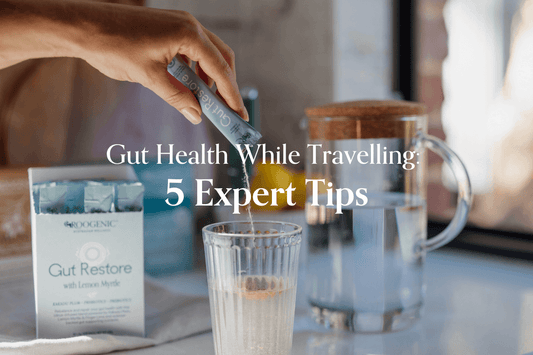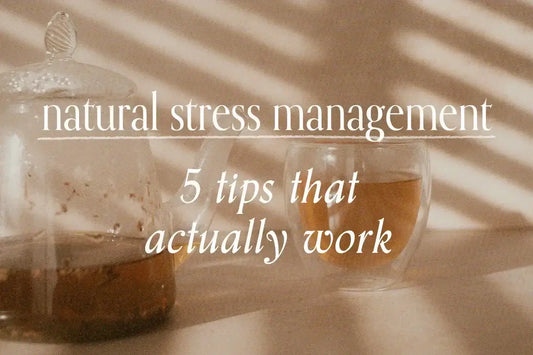Most of us have a complicated relationship with sleep.
If you’re a bad sleeper, you may find yourself either tossing and turning, unable to actually fall asleep, or waking up constantly throughout the night. You’ve probably tried everything from counting sheep to over-the-counter medication and still can’t find the right remedy to help you sleep.
A full night’s sleep is fundamental to our overall health, wellbeing, and performance. Even if you’re getting the recommended eight hours of sleep a day, studies have found that it’s not actually the amount that matters, but the quality. Consistent, high quality sleep improves brain function, enhances muscle recovery, balances hormones, supports cardiovascular health and aids in fat processing.
Here are five tips to get a better night’s sleep starting today!
1. Adjust your sleep schedule
Humans thrive on routine and structure. By going to bed and waking at the same time every day, you’re resetting your internal clock and circadian rhythm. Your body will learn to sleep at a certain time and naturally unwind. This applies to weekends too, so try not to sleep in or nap, even if you’ve gone to bed later than usual, as this can disrupt your body clock. Instead, wait until you’re in bed that night for the chance to consolidate your sleep and rest.
2. Limit caffeine and alcohol before bed
For many Australians, caffeine is a fundamental part of waking up and beating the lunchtime slump. It’s a central nervous system stimulant that increases alertness and energy, hence why a double-shot latte after work might not be the best idea if you’re looking to improve your sleeping patterns.
Cutting down on coffee, soft drinks and even chocolate after 3pm can work wonders on your sleep. Instead of having a cup of green tea before bed, try sipping a calming tea like our Native Relaxation Tea or Native Sleep Tea to unwind and easily drift off.
As for alcohol, it’s a depressant and despite initially having a sedative effect and making you feel sleepy, it actually disrupts the restorative stages of sleep. After a few hours, when the effects wear off, alcohol is known to interrupt sleep and increases the likelihood of waking up during the night. So as much as you enjoy an innocent nightcap, it’s not the best idea if you want to get good quality sleep.
3. Move your body
Regularly exercising is not only great for your mental and physical health but it also improves sleep quality. It releases endorphins and boosts the natural sleep hormone melatonin, supporting relaxation and contributing to a deeper sleep. As for timing, mornings are the ideal time to exercise. It’s recommended that you don’t work out up to three hours before bed, because it elevates your heart rate and makes it harder to unwind. If time is an issue, try a low intensity work out like yoga or pilates before bed to help you sleep.
4. Reduce blue light exposure
Although it may be tempting to reach for your phone and scroll through social media before bed, blue light exposure has been shown to significantly affect your ability to get to sleep. The internal body clock is super sensitive to the blue light from your phone, tablet, and laptop so it’s best to unplug at least an hour before bed.
5. Relax and unwind with a herbal sleep remedy
Your body and mind need to be in a relaxed state to get to sleep. Our Native Relaxation Tea and Native Sleep Tea are organic and all-natural products that have helped thousands of people around the country to relax and reach a deep sleep.
They contain Jilungin, which has traditionally been used by the Nyul Nyul Community as a sleep remedy. The native plant has a sedative like effect, supporting relaxation, clearing the mind and preparing the body for sleep.
Our sleep teas have received over 1,500 five-star reviews, with our Native Relaxation Tea winning 1st place at the Golden Tea Leaf Awards for the ‘most functional herbal sleep tea’.
Having a cup before bed will help you to relax, experience a deep sleep and wake up feeling refreshed.




